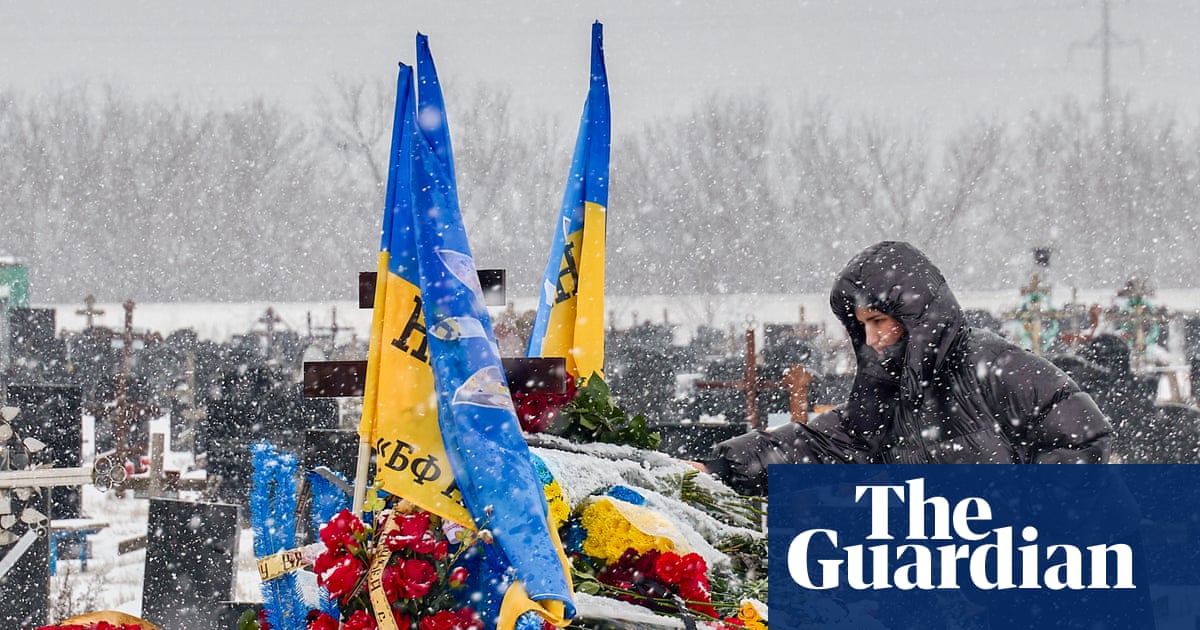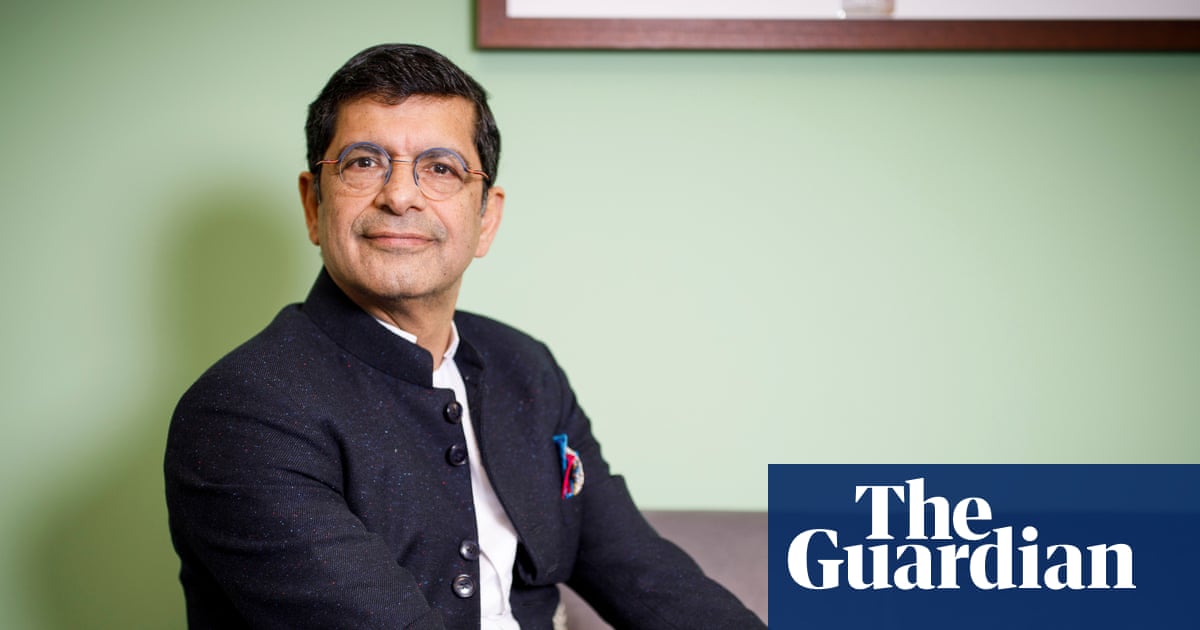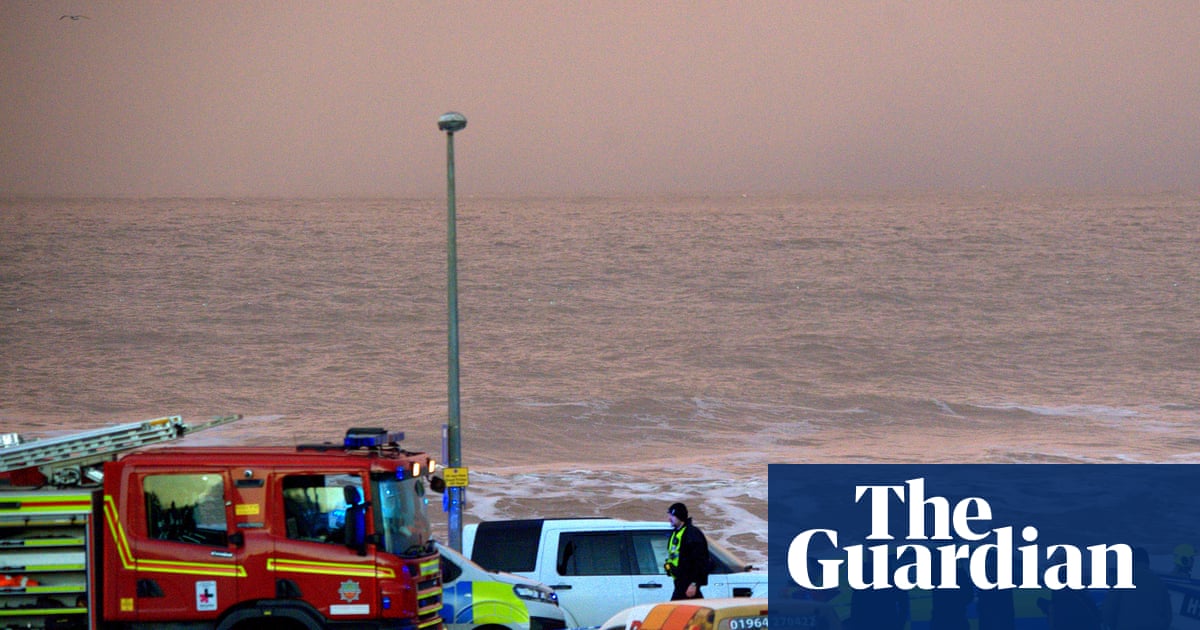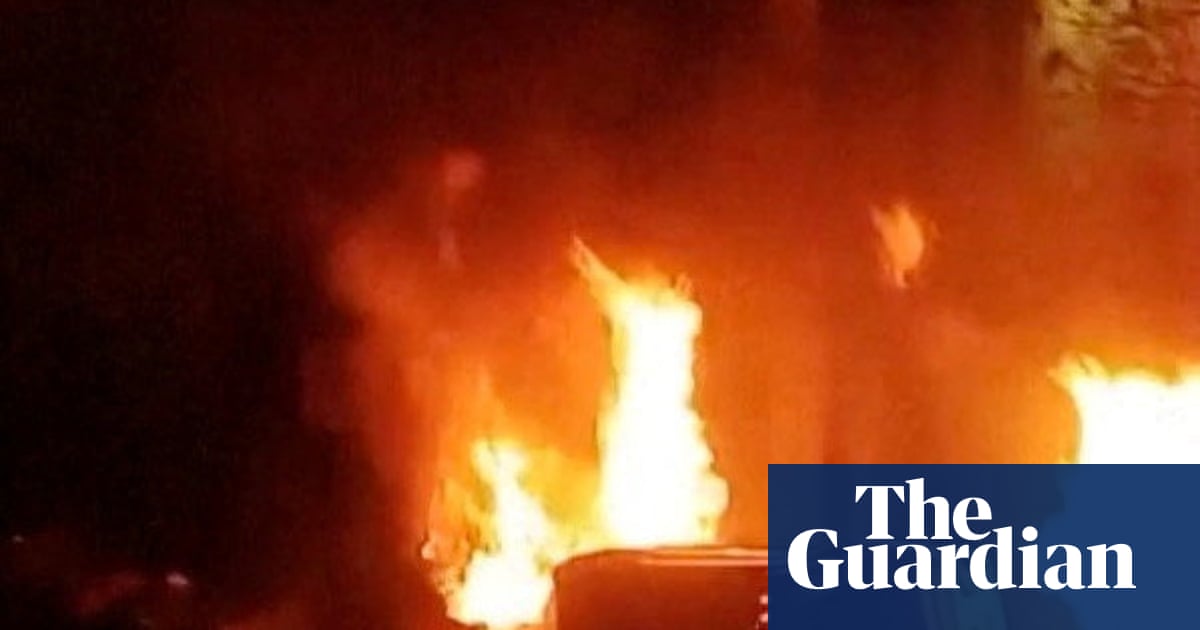The public response to the murder of Charlie Kirk in cold blood, has revealed how drastically our democracy – our belief in the importance of free speech and in the irreplaceable life of each and every individual – has deteriorated over the last half century.
I was a senior in high school when John F Kennedy was assassinated, and a senior in college when Robert F Kennedy and Martin Luther King were killed. Plenty of conspiracy theories, some of which have never been put to rest, were floated and debated. But the difference between what happened then and what we are seeing now is that, in the aftermath of those violent deaths, there was a sense of shared grief, of national mourning. Those tragedies seemed to bring us, as a country, closer together in our shock and sorrow.
Obviously, that’s quite unlike what is occurring today, when our president has publicly declared that he “couldn’t care less” about healing the divisions plaguing and weakening our society. The instinctive and widespread response to Charlie Kirk’s death has been to demonize and blame a perceived enemy. Donald Trump, Stephen Miller and their minions were quick to accuse the “lunatic radical left”.
Despite the emerging evidence, they seem unwilling to amend their version of what happened. I’ll admit that, on hearing the news, my first thought was that the Maga movement had orchestrated the killing to distract us from the Epstein files, or that this was the modern-day equivalent of the 1933 Reichstag fire, which occurred when the German parliament building was torched, and the National Socialists blamed the communists, and used the event as a pretext for suspending civil liberties and installing an authoritarian regime.
The motives of the suspected killer, Tyler Robinson, are still unclear. But it appears that both the right and the left both had it wrong to some degree. Robinson was a studious young man from a solidly Republican, Mormon family, used anti-fascist slogans and apparently disliked Kirk for his hateful views.
Regardless of what we thought of Kirk, it’s profoundly and dangerously immoral to sanction political violence, regardless of its object. It’s unseemly to celebrate the murder of a human being with a wife and children – even a man whose rhetoric we may have despised.
In another country, in another era, the death of Kirk might have served to remind us of the essential importance of free speech, of the concept that even the most polarizing figures should be able to speak publicly without fear of violent retribution. In drafting the first amendment, the founding fathers affirmed the idea that even racists, misogynists and anti-immigrant bigots have the right to express their beliefs and to engage in a free and fair debate with those who hold very different views. In fact, it’s the essence of democracy, the cornerstone on which our nation was founded and that every patriot (however that word is construed now) should affirm.
Instead, Kirk’s death has been weaponized as a pretext to further undermine first amendment protections, to circle the wagons around the worst aspects of censorship and blind obedience to authority. It is being employed to foster the fear of saying anything that runs contrary to what those in power believe and allow us to express. Already, teachers, soldiers, government officials, firefighters and reporters – most prominently, MSNBC news analyst Matthew Dowd – have been censured or lost their jobs after saying in public or on social media that Kirk’s rhetoric was a form of not-so-thinly-disguised hate speech.
There has been some pushback, among the public and on the floor of Congress, against the directive that prayers should be said and flags lowered to half mast in Kirk’s memory. Personally, I’m fine with the idea of prayers and lowered flags, except that I think that these gestures of mourning, honor and respect are being deployed too selectively.
The flags should have been lowered for, among others, another recent victim of political violence: Melissa Hortman, the Democratic speaker of the Minnesota House of Representatives, who was murdered, along with her husband, Mark, in June. Prayers should be said for the Colorado high school students wounded in one of the latest school shootings, on the very same day as Charlie Kirk’s murder. Flags should be lowered and prayers said for every victim lost to senseless gun violence, until we are tired of all the praying and flag-lowering, until we decide, as a nation, to take action to prevent these tragic deaths.
My great fear is that we are nearing the day when, if we are being honest, the flag should be lowered in memory of our fragile, flawed, precious democracy. In that case, we may have to wait a while to see it flying proudly and at full mast, once again.
-
Francine Prose is a former president of PEN American Center and a member of the American Academy of Arts and Letters and the American Academy of Arts and Sciences

 3 months ago
84
3 months ago
84

















































